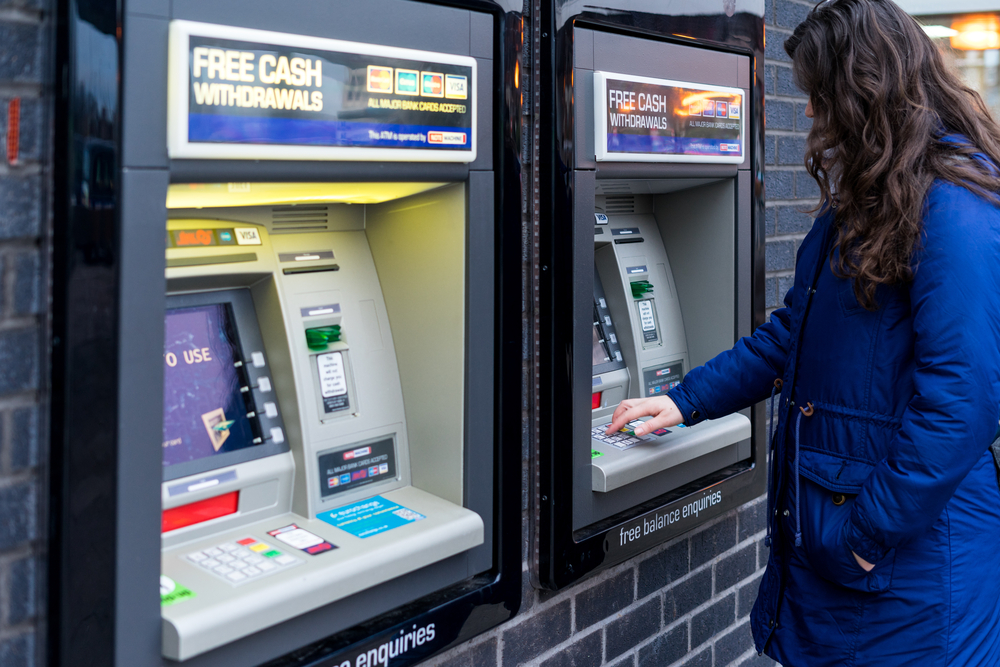News
Refusing cash payments won’t become illegal

The government won’t mandate cash acceptance in response to a petition which garnered nearly 25,000 signatures calling for it to make it illegal for businesses to decline cash payments.
A petition on the official government site attracted nearly 25,000 signatures calling for it to be made illegal for retailers and services to decline cash payments.
It claimed businesses had discriminated against people paying by cash for goods and services, adding that “not everyone wants a digital trail”, while others “simply cannot pay by card”.
At the height of the pandemic, many businesses moved away from cash payments, encouraging shoppers to pay by contactless card to help stop the spread of Covid.
Despite the numbers who signed the petition, the government – which is required to provide a response for official petitions which attract 10,000 or more signatures – said it doesn’t plan to mandate cash acceptance.
The response from The Treasury noted that businesses are able to choose the forms of payment they accept though its proposals for legislation “support cash acceptance”.

Wellness and wellbeing holidays: Travel insurance is essential for your peace of mind
Out of the pandemic lockdowns, there’s a greater emphasis on wellbeing and wellness, with
Sponsored by Post Office
It stated that while it recognises the ability to transact in cash and “remains important to millions of people across the UK, particularly those in vulnerable groups, it remains the choice of individual businesses as to whether to accept or decline any form of payment, including cash or card. This may be based on factors such as customer preference and cost”.
However, the government wants to ensure that people – including those with characteristics of vulnerability – have appropriate access to banking services, which includes payment services.
“The government works closely together with regulators and stakeholders from the public, private and third sectors. Regarding cash specifically, the government engages closely with financial regulators, including through the Treasury-chaired Joint Authorities Cash Strategy Group, to monitor and assess trends relating to cash. In addition, all service providers are bound under the Equality Act 2010 to make reasonable adjustments, where necessary, in the way they deliver their services,” the government stated.
Protecting access to cash
The Treasury added that at Budget in March 2020, it committed to legislate to protect access to cash in the UK.
“Following this, the government brought forward a consultation on Access to Cash in July 2021. The consultation sought views on legislative proposals to make sure people only need to travel reasonable distances to pay in or take out cash. The government’s proposals support the continued use of cash in people’s daily lives and help to enable local businesses to continue accepting cash by ensuring they can access deposit facilities. The government has carefully considered responses to the consultation and will set out next steps in due course.”
Further, it said firms are working together through the Cash Action Group to develop initiatives, such as bank hubs which were piloted last year in Rochford, Essex, and Cambuslang, Scotland. The hubs provide basic banking services including counter services run by the Post Office, and areas where community bankers from major banks can meet customers.
“During the pilots, £4.65m of cash was deposited in the two locations, and 92% of the businesses who used the hubs reported they were more likely to keep accepting cash because of the pilots. Building on the experience of the pilots, industry has committed to extending the opening of these bank hubs until April 2023 and has since announced plans for eight new bank hubs across the UK. The government welcomes the direction set by industry’s commitments and looks forward to seeing what results they deliver for local communities across the UK,” it added.